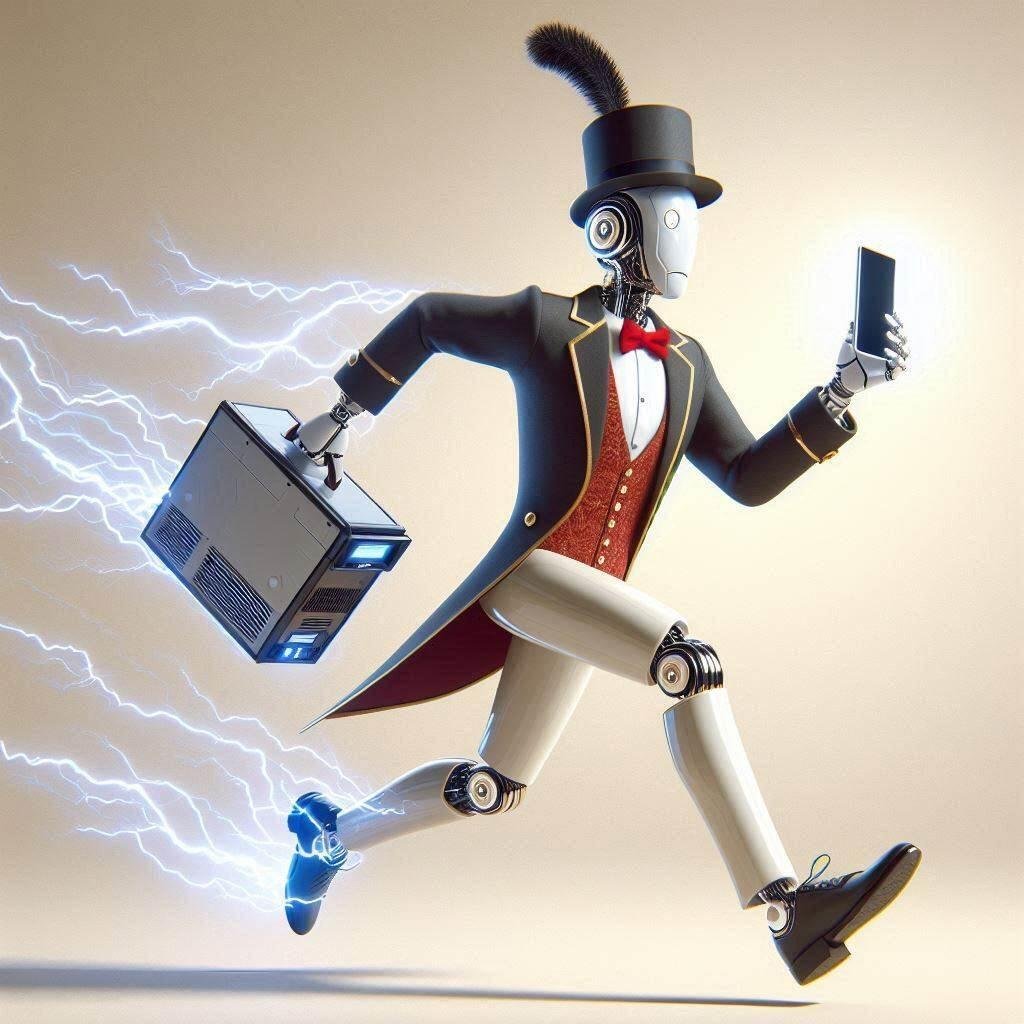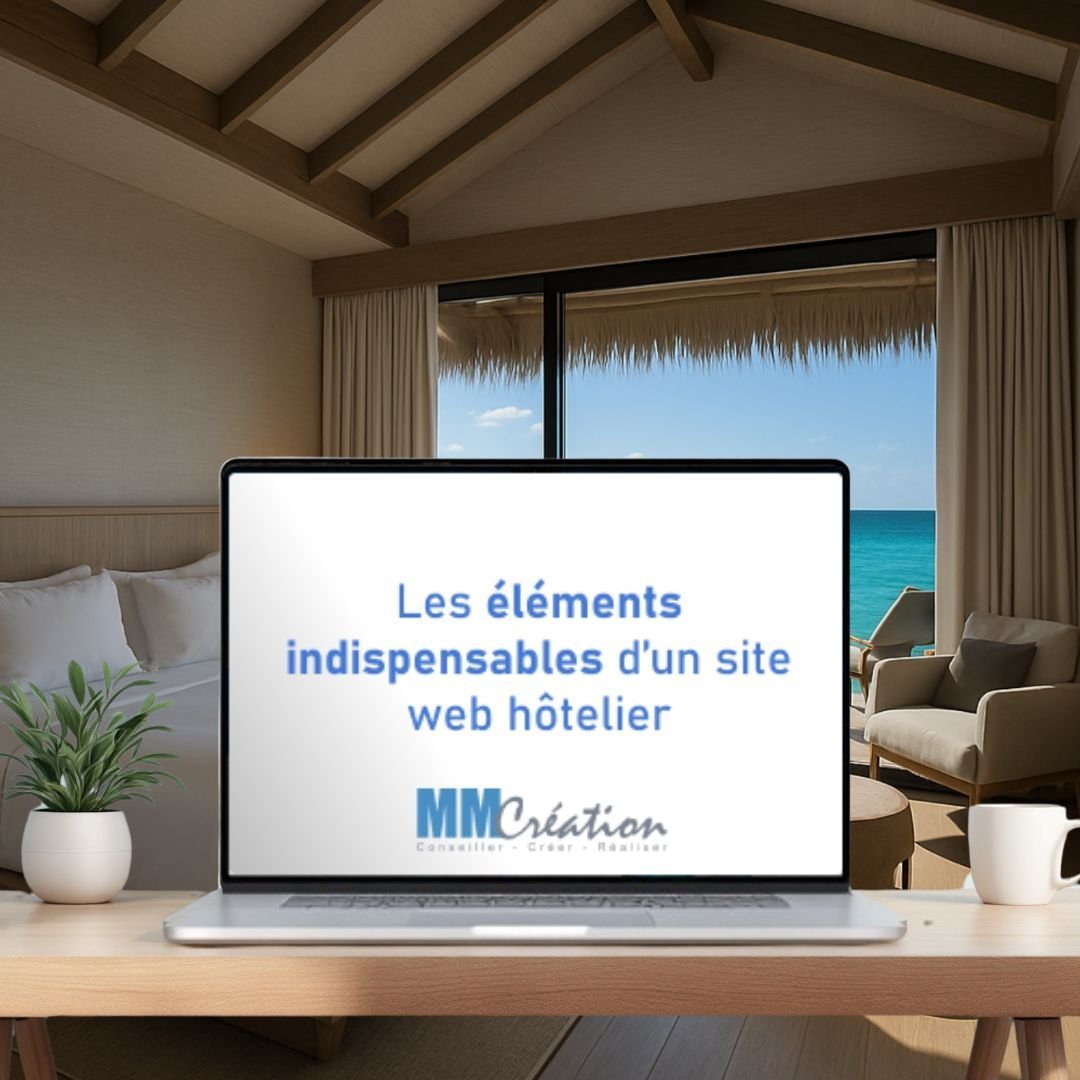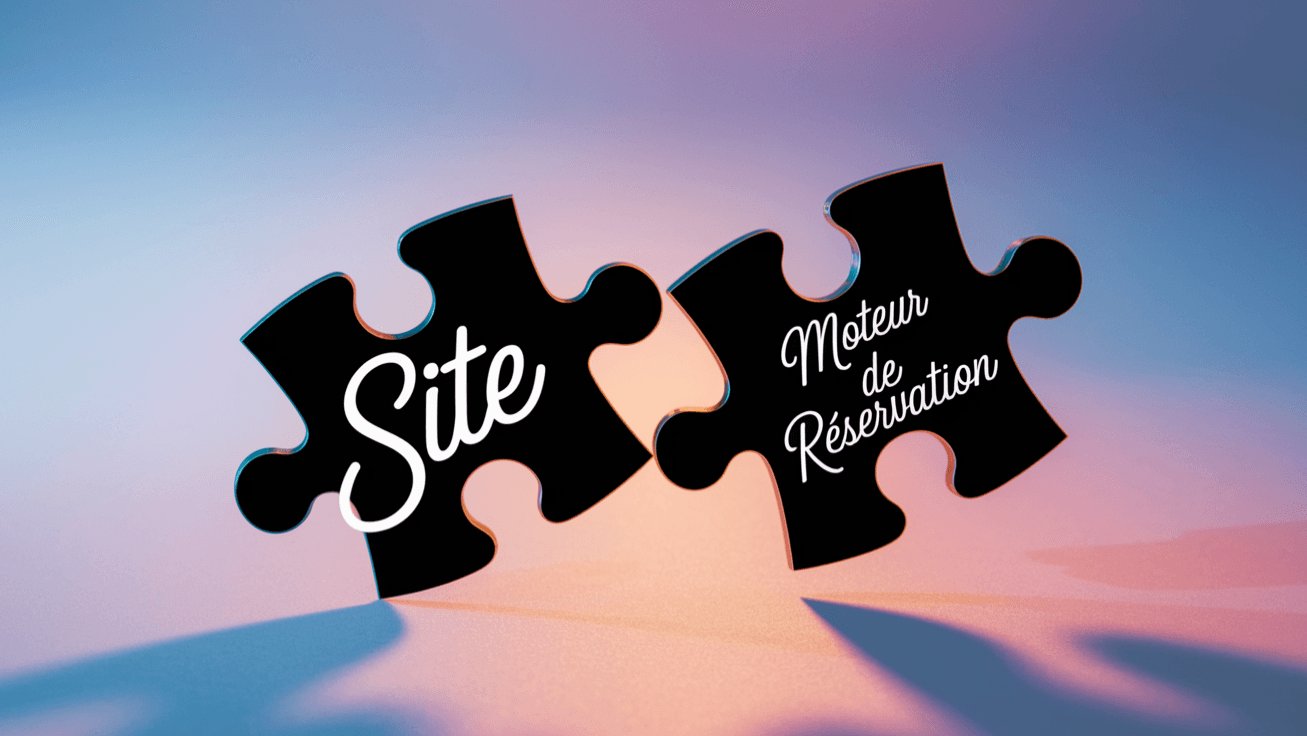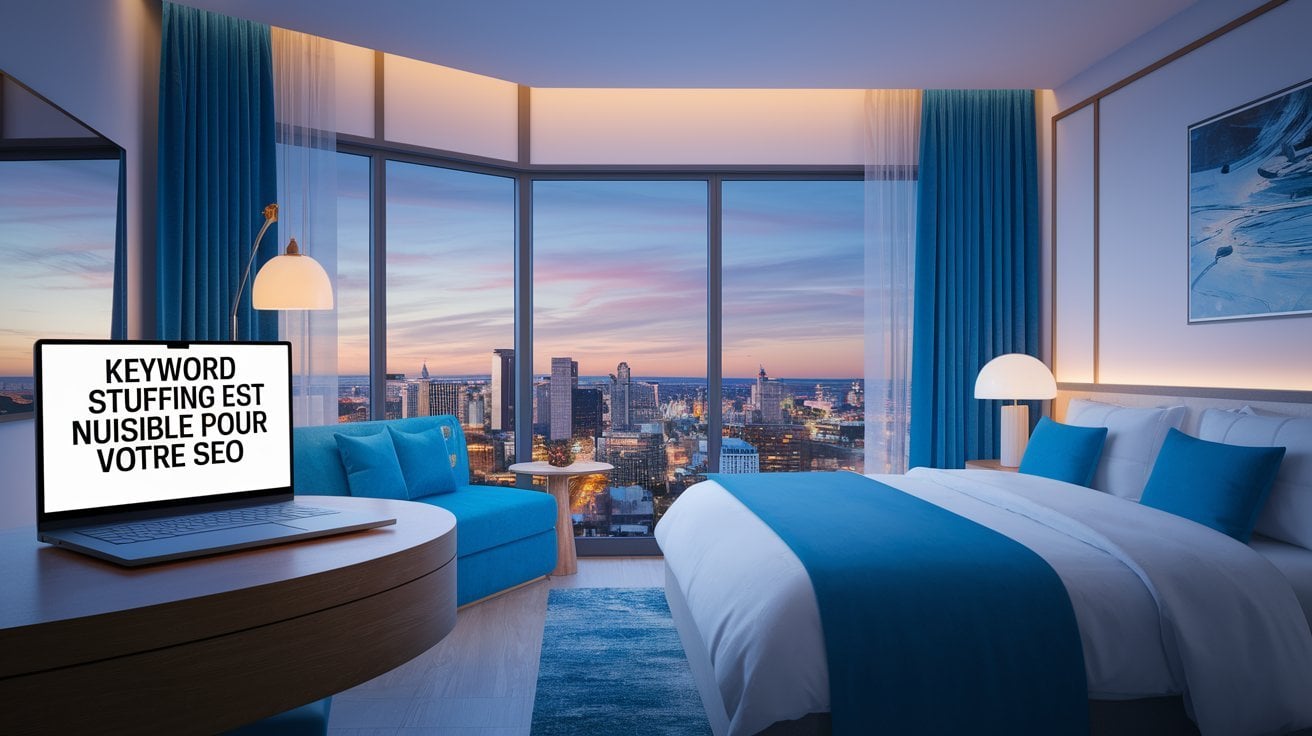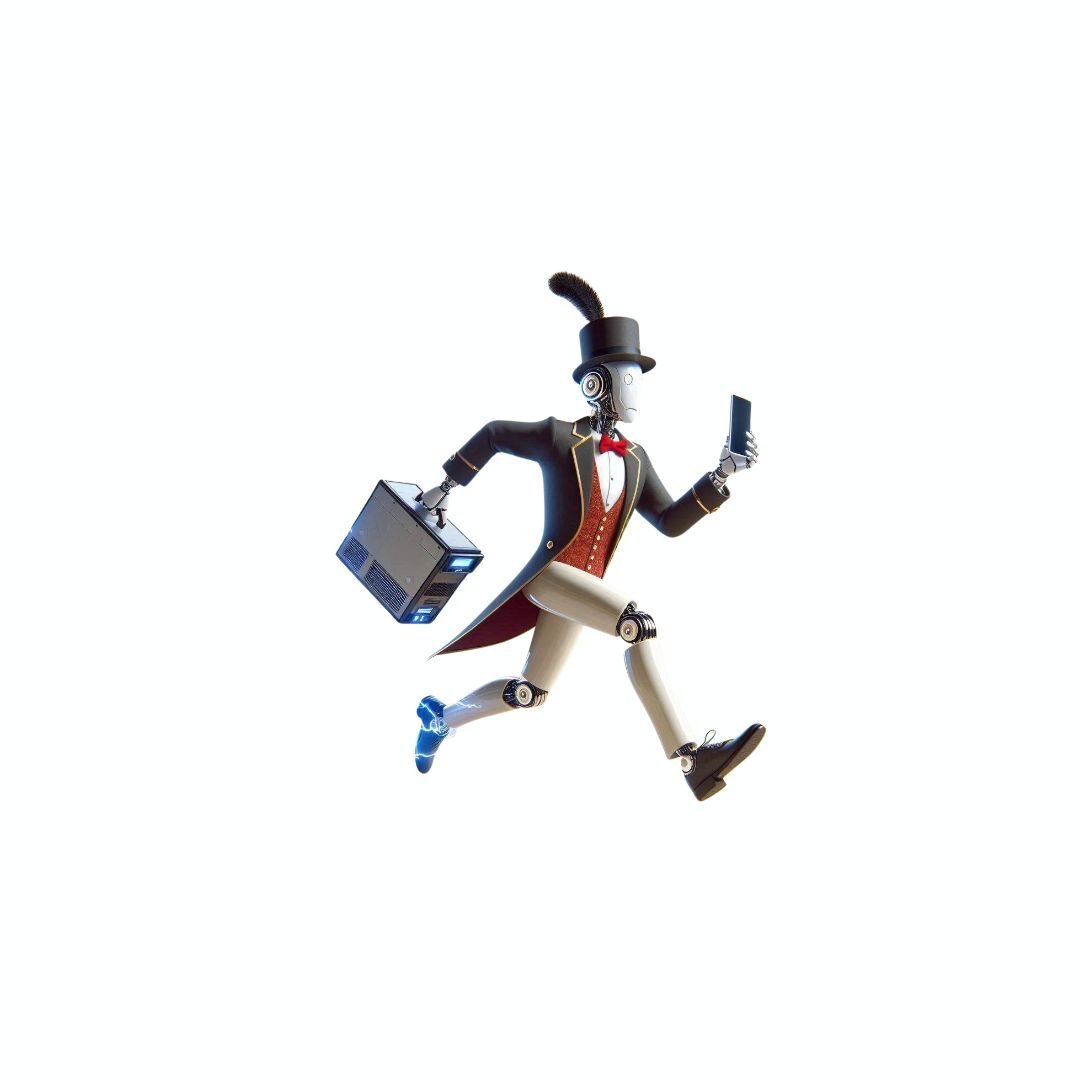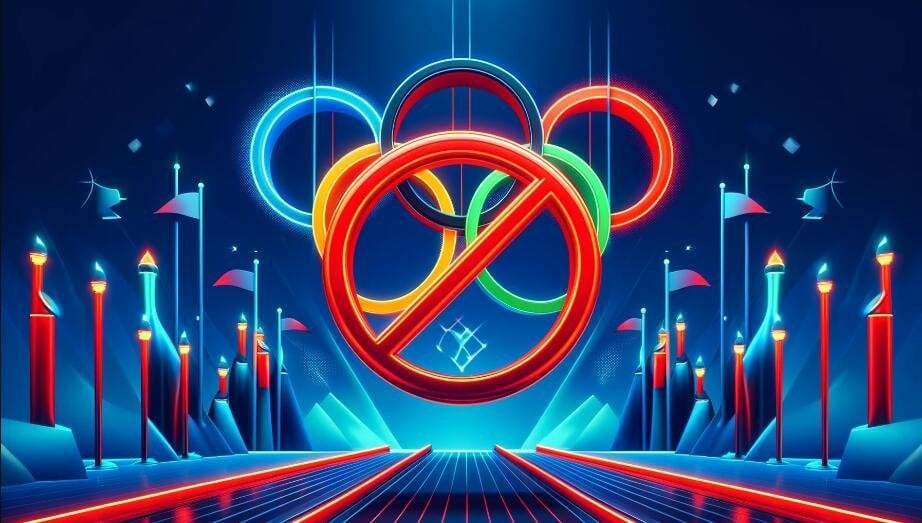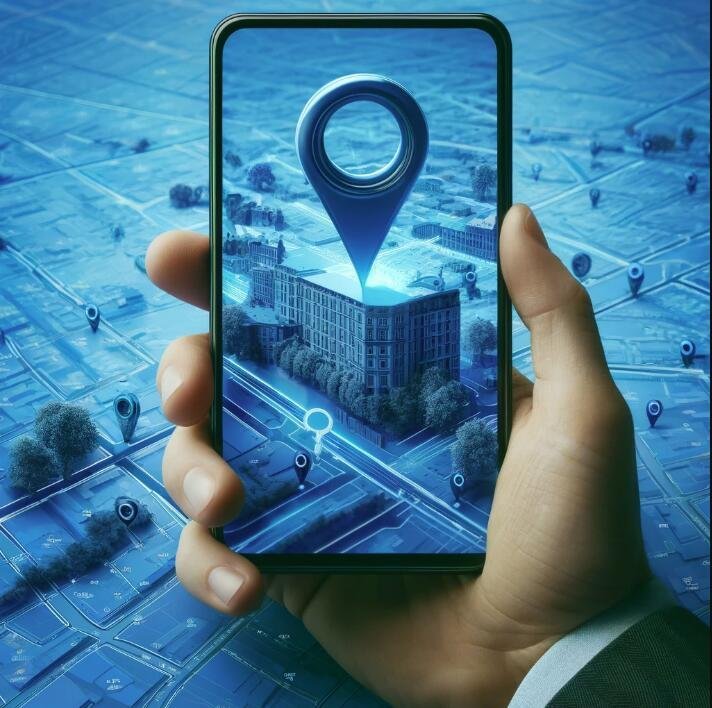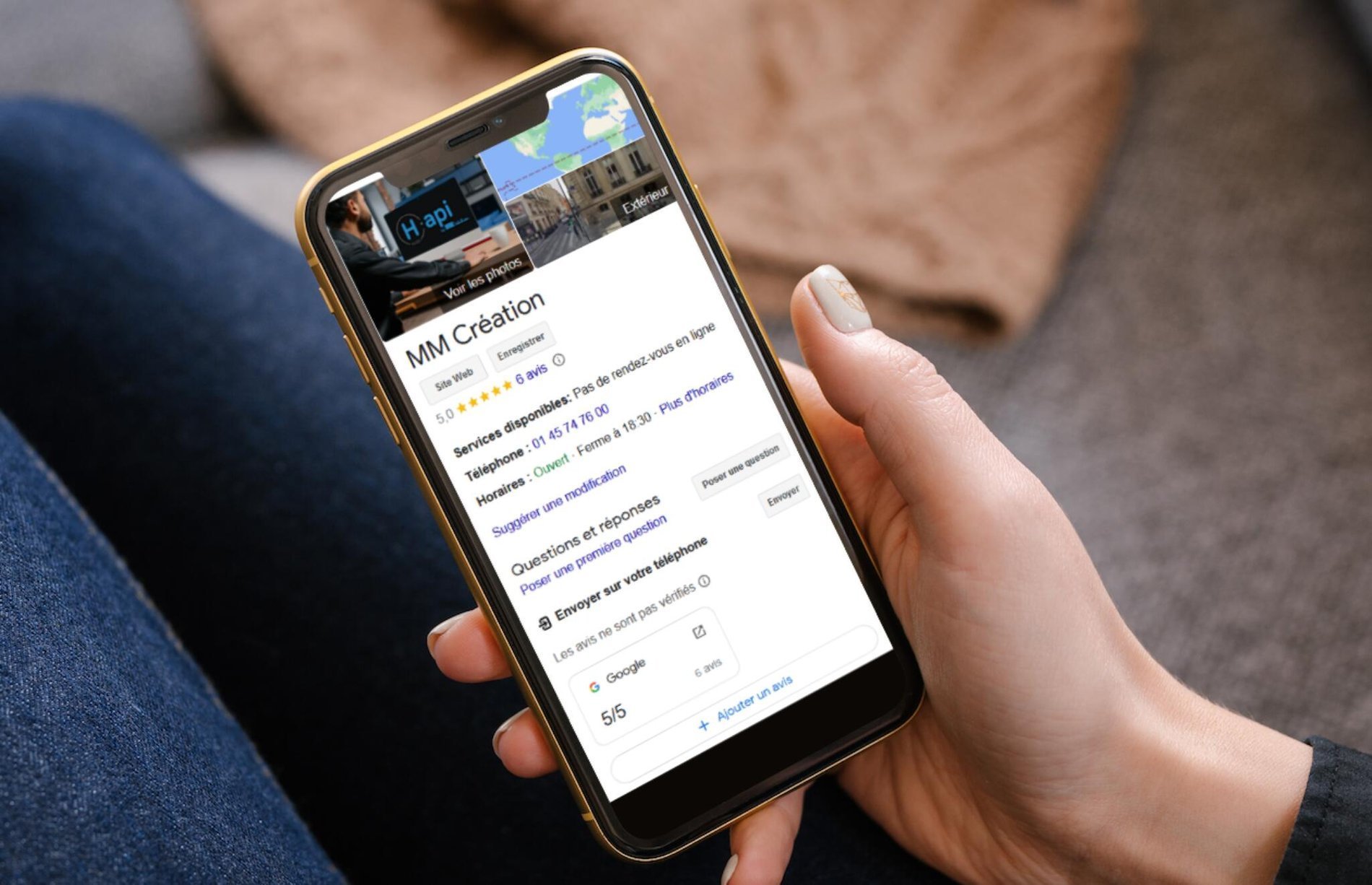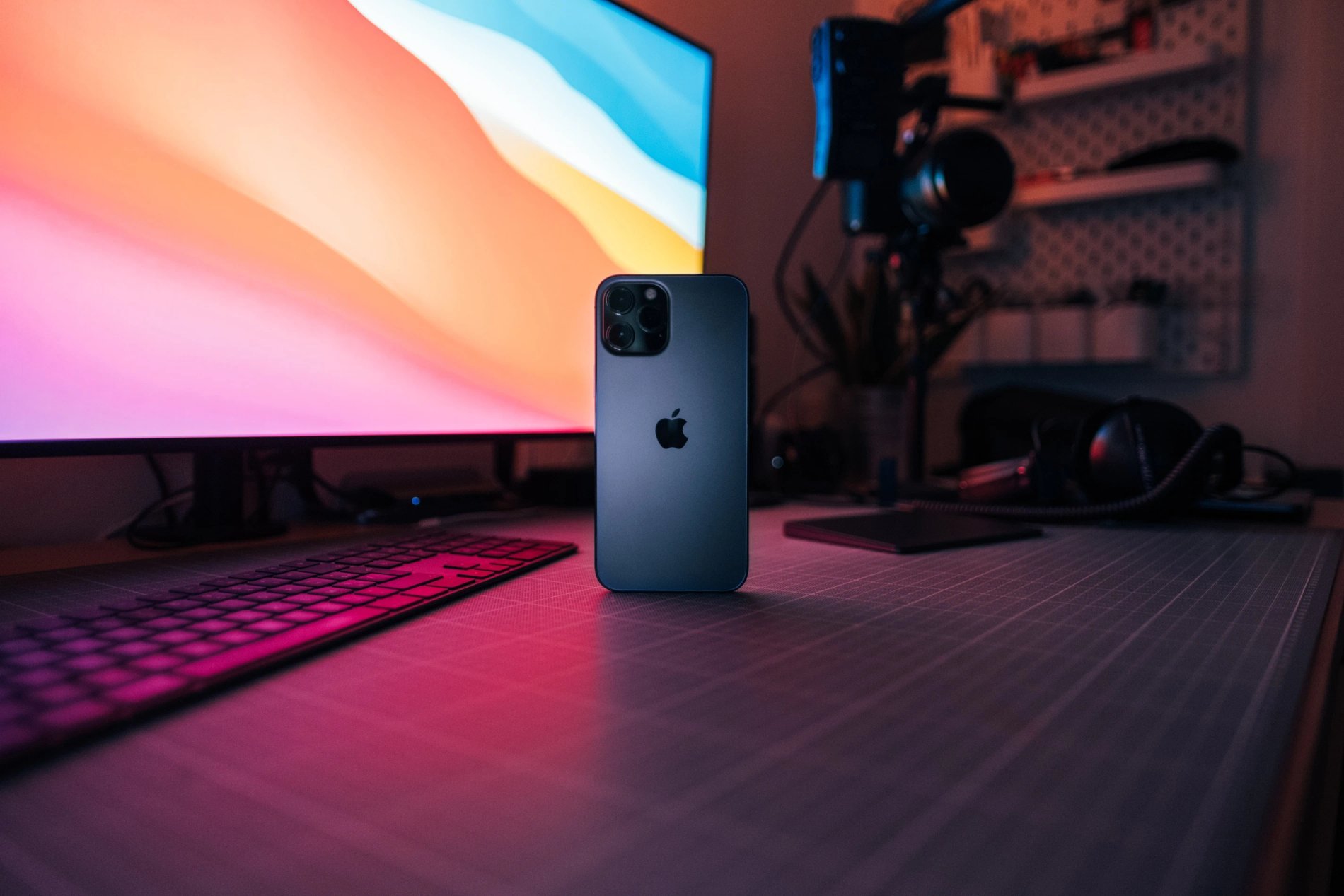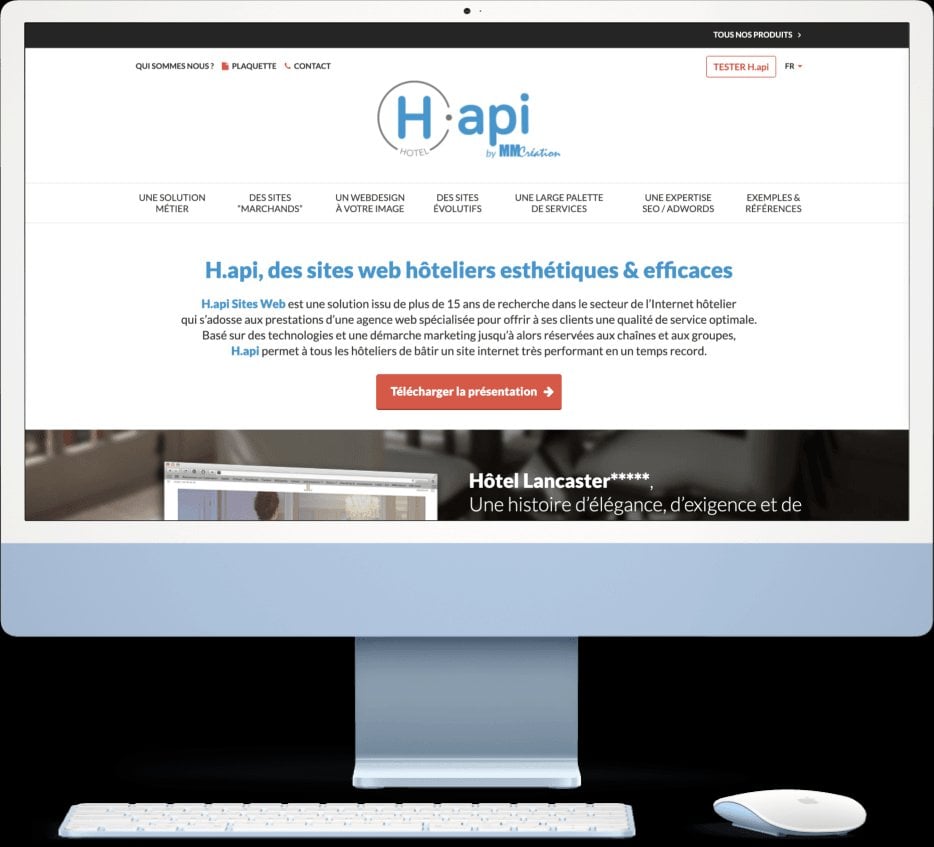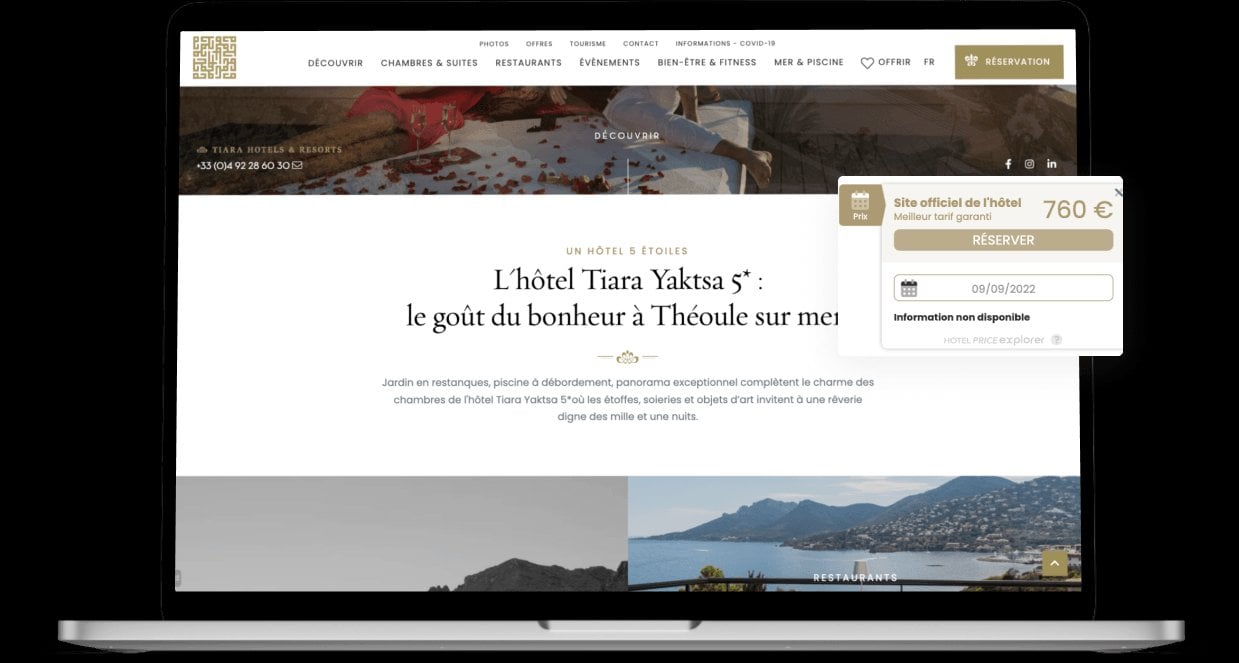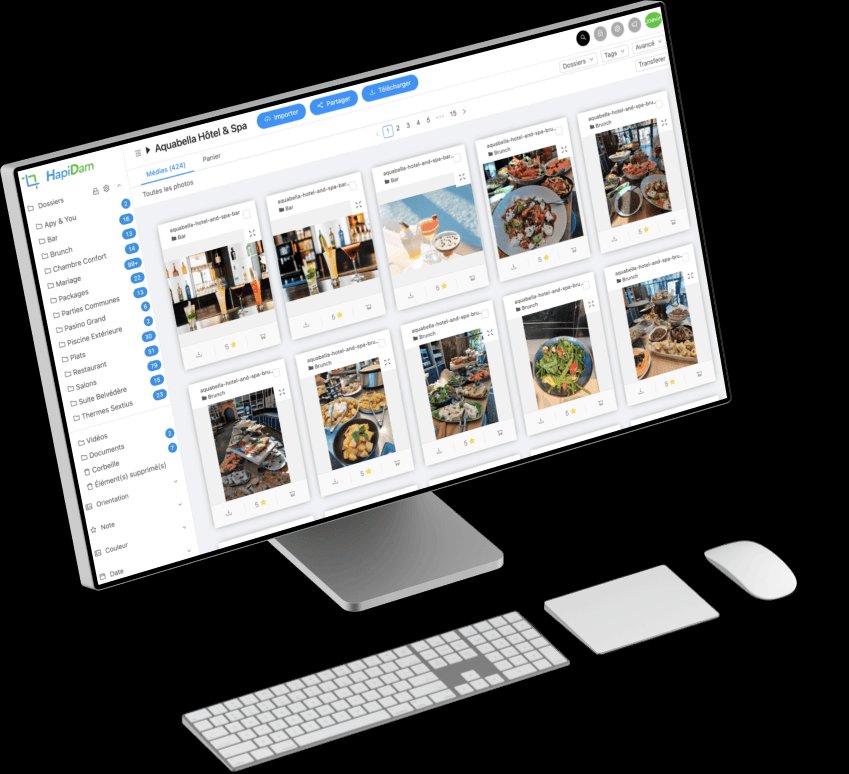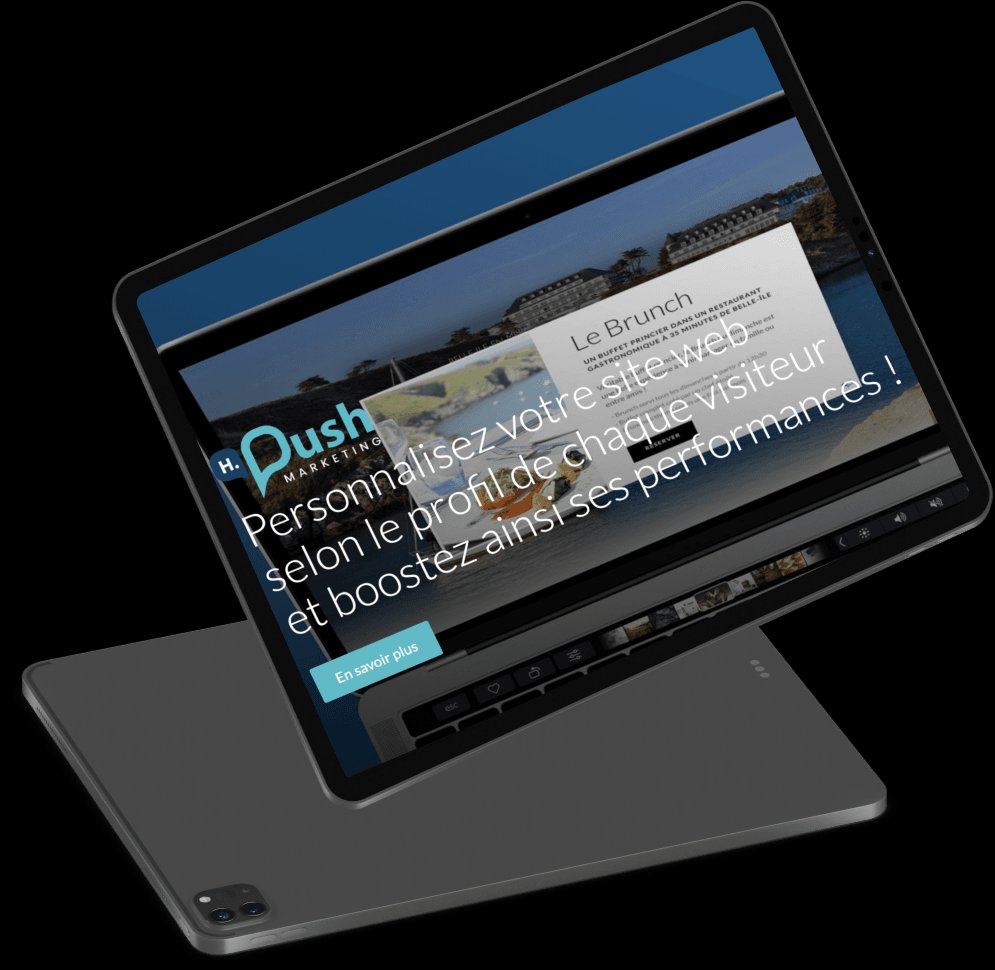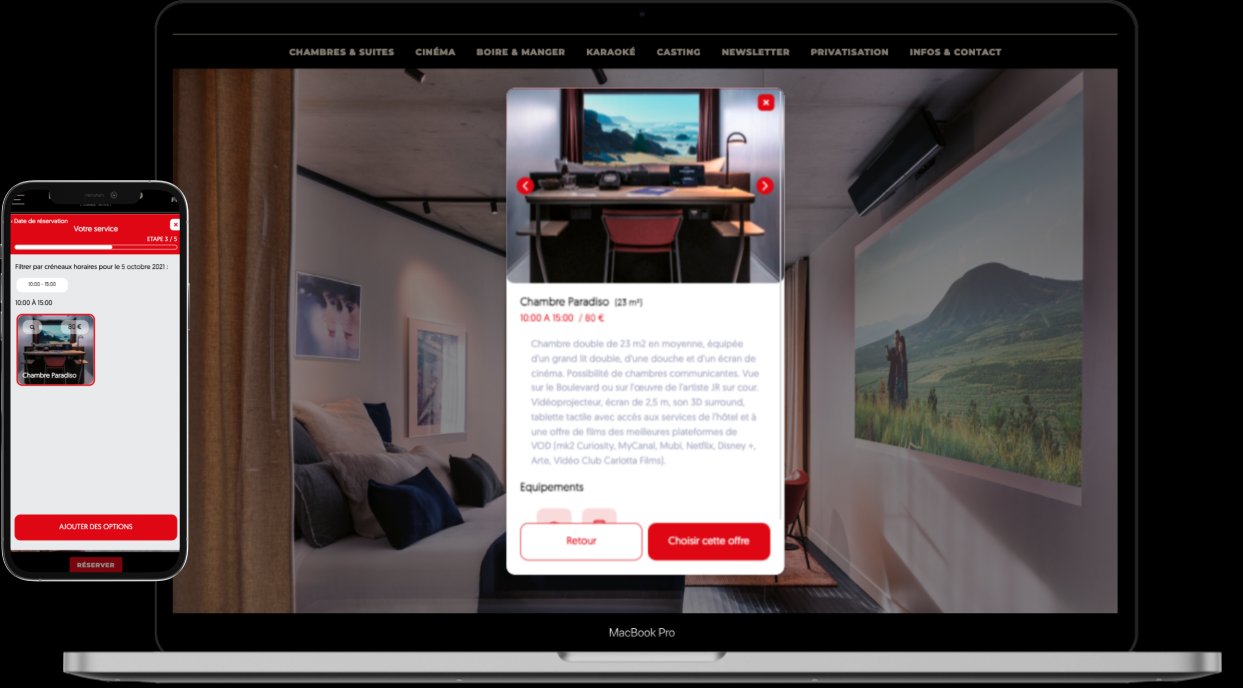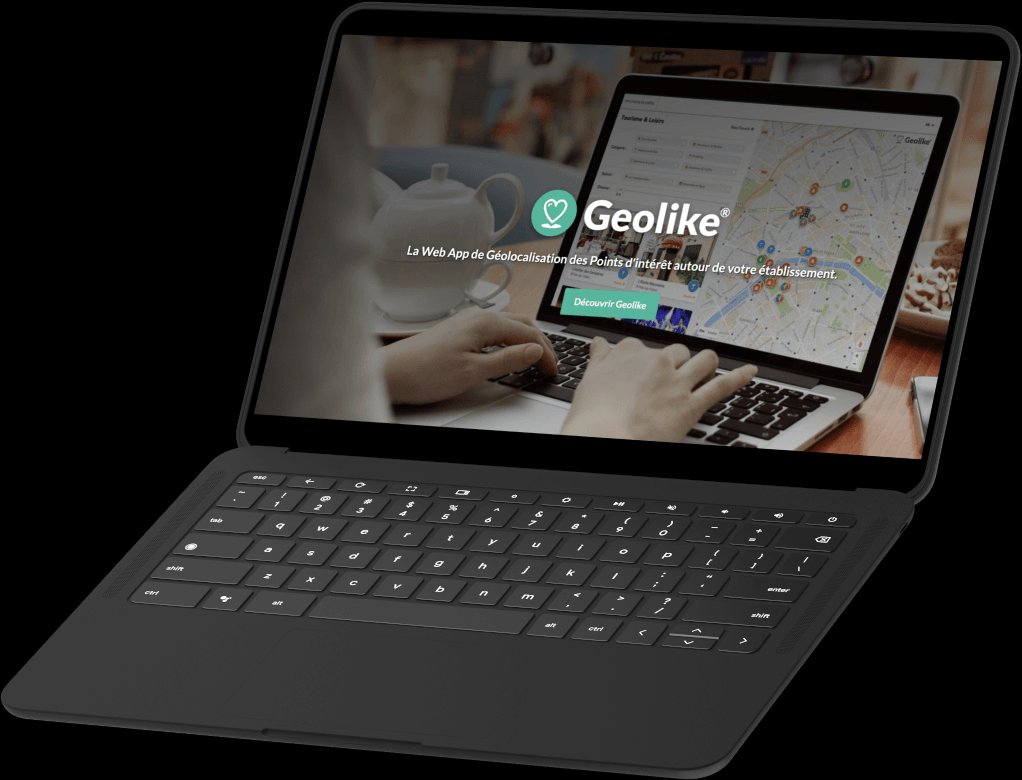Services and design
What you almost missed!
You shouldn't miss it !
At MMCreation, we always have in heart to inform you about the news of the web but also our own
The essential elements of a hotel website
Introduction
In a sector as competitive as the hotel industry, having a high-performance website is no longer an option - it's a necessity. The Internet is often the first point of contact between a future customer and your establishment. A well-designed, informative and attractive website can make the difference between a visitor making a reservation and one going to a competitor's site. So what are the key elements of a hotel website? Let's find out together.
1. A professional, consistent design
- Visual identity: Your site should reflect the atmosphere and positioning of your hotel (luxury, friendly, family-friendly, ecological, etc.). The colours, typography and images must be consistent with your brand image.
- Clear visual hierarchy: highlight the essential elements (booking button, room descriptions, contact). Use breathing space (empty spaces) to make it easier to read.
2. Clear and complete information
- Presentation of the hotel: Location, history, special features, values... It's essential to give visitors a clear idea of the experience you offer.
- Room descriptions: Clearly indicate the features of each room (size, beds, equipment, view, etc.) and add quality photos.
- Rates and offers: Be transparent about prices and offer special deals (packs, seasonal discounts, etc.) to encourage booking.
- Services & facilities: Mention all the services (breakfast, spa, gym, parking, airport shuttle, etc.) to reassure visitors about the added value of your establishment.
3. An efficient booking engine
- Visibility of the booking button: Place it strategically, ideally at the top of the home page and in a contrasting colour.
- Simplified booking process: The fewer steps involved, the higher the conversion rate.
- Security and trust: Use an SSL certificate and trusted logos (Visa, Mastercard, PayPal, etc.) to reassure you that the payment is secure.
4. Intuitive navigation
- Clear menu: Organise your menu into logical categories (Rooms, Services, Offers, Location, Contact, etc.).
- Relevant call-to-actions (CTAs ): Direct visitors to make a reservation or request information.
- Optimised loading time: A slow site discourages visitors. Compress your images, use quality hosting and minimise unnecessary scripts.
5. Quality visuals
- Professional photographs: Call on a specialist photographer to showcase your establishment.
- Videos or virtual tours: If possible, offer a virtual tour to help customers get a better idea of the hotel's ambience.
Conclusion
A successful hotel website is based on good design, fluid navigation and clear information. Don't forget that the main objective of your site is to convert your visitors into customers. To achieve this, focuses on user experience and ease of booking. By investing in these essential elements, you'll maximise your chances of turning an ordinary web surfer into a conquered guest.
The Hotelier, Madness and Technology
Context: This fable was written by Marc Merzoug as part of one of our Happiness Challenges on the theme of Madness.
Every fortnight, Julie, our "super host", spices up our year of "Happiness Challenges".
These are little challenges that we have to complete using any means at our disposal: text, photo, creation, testimonial, etc.
This month, for example, one of the challenges was on the subject of madness, and we had to write about it. One of the texts particularly caught our attention because it was right up there with the times...
Introduction
In a small coastal town, Edouard, a friendly hotelier, was looking to modernise his establishment in the face of competition.
The arrival of technology
One day, a mysterious traveller gave him an electronic book on hotel innovations. Fascinated, Edouard embarked on a technological transformation.
The Digital Transformation
He installed automated check-in systems, intelligent rooms and robot servers. Guests flocked, but the hotel became cold and impersonal.
The Spiral of Technological Madness
Obsessed with technology, Edouard neglected his employees and the human touch. During an electromagnetic storm, all systems failed, leaving him alone in the dark.
The Redemption
The next day, he deactivated most of the machines and recalled his staff. He found a balance between innovation and a warm welcome.
Conclusion
Edouard understood that technology must serve people. His hotel became a model of harmony between modernity and human warmth.
Moral: Technology improves our lives, but never replaces human warmth.

